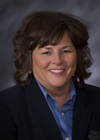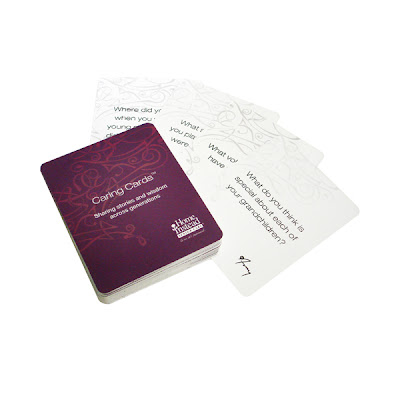Being Green...
Checking
out at the store, the young cashier suggested to the older woman, that she
should bring her own grocery bags because plastic bags weren't good for the
environment.
The
woman apologized and explained, "We didn't have this green thing back in
my earlier days."
The
young clerk responded, "That's our problem today. Your generation did not
care enough to save our environment for future generations."
She
was right -- our generation didn't have the green thing in its day.
Back
then, we returned milk bottles, soda bottles and beer bottles to the store. The
store sent them back to the plant to be washed and sterilized and refilled, so
it could use the same bottles over and over. So they really were truly
recycled.
But
we didn't have the green thing back in our day.
Grocery
stores bagged our groceries in brown paper bags, that we reused for numerous
things, most memorable besides household garbage bags, was the use of brown
paper bags as book covers for our schoolbooks. This was to ensure that public
property, (the books provided for our use by the school) was not defaced by our
scribblings. Then we were able to personalize our books on the brown paper
bags.
But
too bad we didn't do the green thing back then.
We
walked up stairs, because we didn't have an escalator in every store and office
building. We walked to the grocery store and didn't climb into a 300-horsepower
machine every time we had to go two blocks.
But
she was right. We didn't have the green thing in our day.
Back
then, we washed the baby's diapers because we didn't have the throwaway kind.
We dried clothes on a line, not in an energy-gobbling machine burning up 220
volts -- wind and solar power really did dry our clothes back in our early
days. Kids got hand-me-down clothes from their brothers or sisters, not always
brand-new clothing.
But
that young lady is right; we didn't have the green thing back in our day.
Back
then, we had one TV, or radio, in the house -- not a TV in every room. And the
TV had a small screen the size of a handkerchief (remember them?), not a screen
the size of the state of Montana. In the kitchen, we blended and stirred by
hand because we didn't have electric machines to do everything for us. When we
packaged a fragile item to send in the mail, we used wadded up old newspapers
to cushion it, not Styrofoam or plastic bubble wrap. Back then, we didn't fire
up an engine and burn gasoline just to cut the lawn. We used a push mower that
ran on human power. We exercised by working so we didn't need to go to a health
club to run on treadmills that operate on electricity.
But
she's right; we didn't have the green thing back then.
We
drank from a fountain when we were thirsty instead of using a cup or a plastic
bottle every time we had a drink of water. We refilled writing pens with ink
instead of buying a new pen, and we replaced the razor blades in a razor
instead of throwing away the whole razor just because the blade got dull.
But
we didn't have the green thing back then.
Back
then, people took the streetcar or a bus and kids rode their bikes to school or
walked instead of turning their moms into a 24-hour taxi service. We had one
electrical outlet in a room, not an entire bank of sockets to power a dozen
appliances. And we didn't need a computerized gadget to receive a signal beamed
from satellites 23,000 miles out in space in order to find the nearest burger
joint.
But
isn't it sad the current generation laments how wasteful we old folks were just
because we didn't have the green thing back then?































